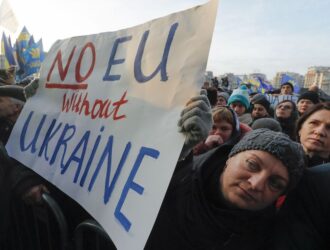Subscribe for Newsletter
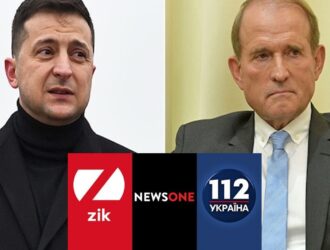
On February 2, 2021, the President of Ukraine Volodymyr Zelensky issued a decree enacting the decision of the National Security and Defense Council to impose sanctions for 5 years against three TV channels, namely “112 Ukraine”, “NewsOne” and “ZIK”, as well as against MP Taras Kozak, who is considered to be their owner in the interests of the leader of a pro-Russian political bloc, Viktor Medvedchuk.
Topics: Disinformation Resilience in Central and Eastern Europe
Regions: Europe
Publications: Others
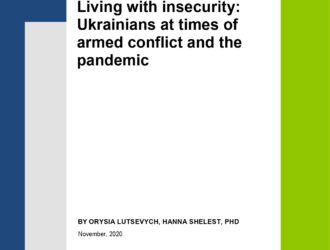
Ukrainians suffer from quite high levels of human insecurity, especially regarding health, economic, and personal security.
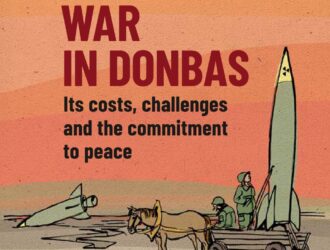
The road to peace in Donbas has not appeared smooth and straightforward, as had been expected by President Zelenskyy and his team. The emphasis on humanitarian issues cannot neglect the security situation on the ground nor the unchanged role of the Kremlin.

Provides an understanding of regional diversity issues and their manipulation in triggering the Ukraine-Russia conflict Highlights the manifestations of regional divides-related discourses Brings together insights from history, politics and law Editors: Shelest, Hanna, Rabinovych, Maryna (Eds.) Palgrave Macmillan
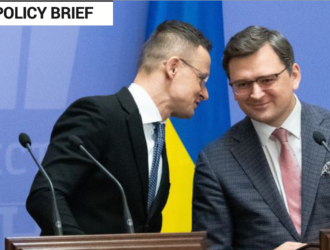
The context for Ukrainian-Hungarian cooperation is framed by two contrasting tracks of both countries geopolitical location: European integration and the Russian connection
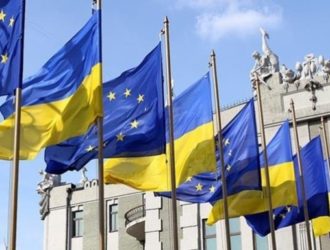
The Eastern Partnership has a chance of becoming a self-contained actor if civil society leaders of the region succeed in harnessing the “power of the streets” in order to create effective democratic institutions. What does the future bring in terms of European aspirations for Ukraine and other Eastern Partnership (EaP) countries? This is the question […]
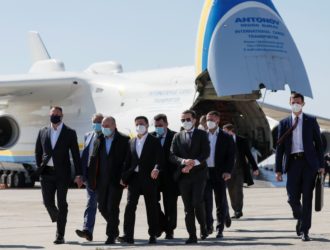
For the past six years, Ukraine’s foreign policy thinking has been dominated by the country’s Euro-Atlantic integration ambitions and the urgent need to consolidate international support in the face of ongoing Russian aggression. Throughout this period, there has been little attempt to implement a more global foreign policy or develop individual regional strategies. Hanna Shelest […]

In 2009, the European Union and six of its Eastern neighbours launched the Eastern Partnership (EaP) with the stated aim of “building a common area of shared democracy, prosperity, stability and increased cooperation.” A decade on, however, progress has been mixed.
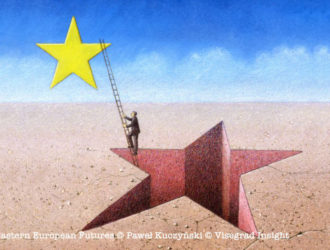
Over the next ten years, in the absence of major political setbacks or security related turbulence, most of the countries of the Eastern Partnership will have a fairly good chance of success in their political association and economic integration with the EU.
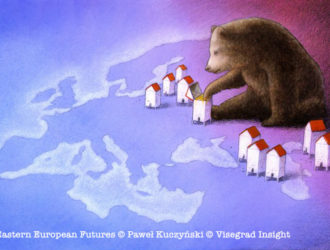
With the world economy keeping its demand for oil and gas high and lacklustre efforts to stimulate ‘green’ alternatives, Russia manages to advance some of its military and economic modernisation despite the continuation of the West’s sanctions regime.
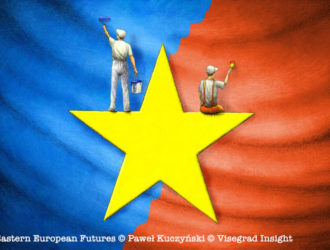
Recognising a rare window of opportunity, EU leaders embrace a revised approach to Russia in order to ease economic and political tensions and establish the ground for a new European security architecture.



